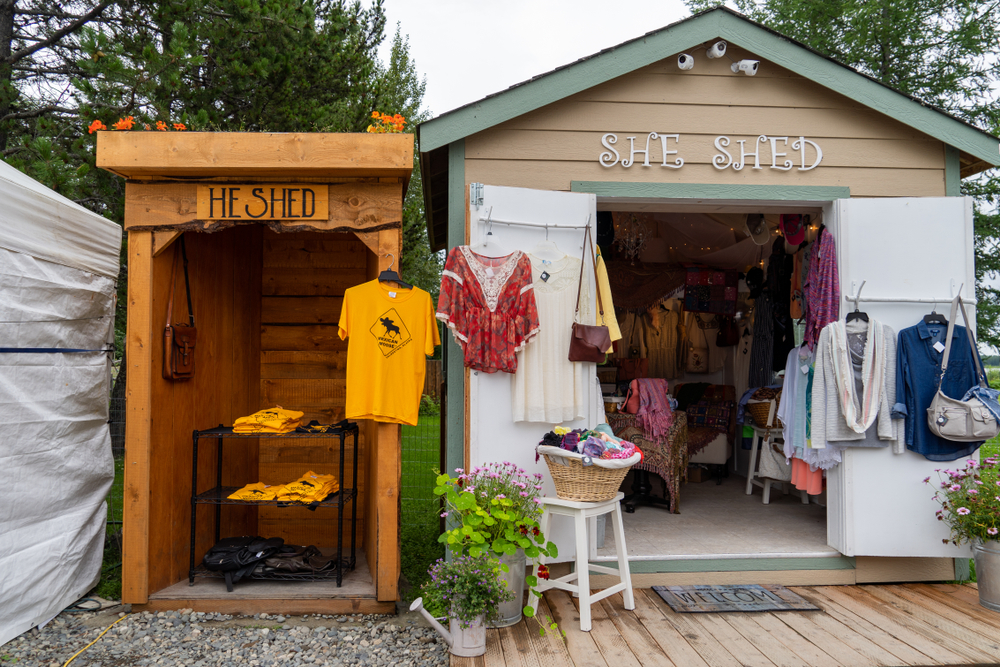
8. Anything that’s made from fabric
We’ve already touched on this subject a few moments before, but this time we’ll dive deeper into the subject. You shouldn’t leave your sleeping bags, clothing, upholstery, blankets, or anything similar in your outdoor shed, because they might not end up good.
Moisture can easily seep into your shed when it snows or rains, and this could cause mildew and mold to grow on your belongings. And here’s the thing: even if your items are safely stored in plastic bins, moisture can go in there, and the results will be just as unpleasant. But that’s not all: insects, such as moths, could go into the folds of fabrics and eat away at them.
9. Propane
As you already know, propane should be stored outdoors and never inside your home. Considering that most outdoor sheds are detached from the house, it might seem wise to store a few extra propane tanks in there. But think again: when propane is in an enclosed space, such as a shed, it can cause a fire with the tiniest spark or leak.
To avoid a disaster, experts recommend storing your propane tanks in an open and shaded area outside of any structure, regardless of how big or small. Better safe than sorry, right?

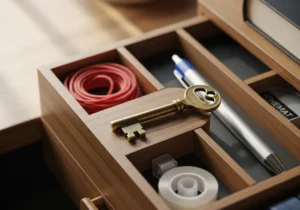
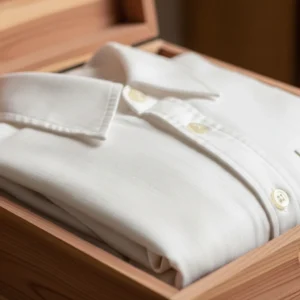
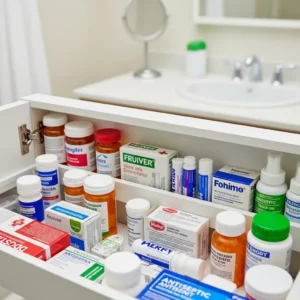
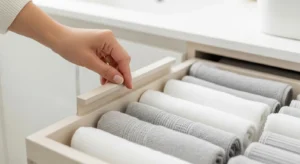
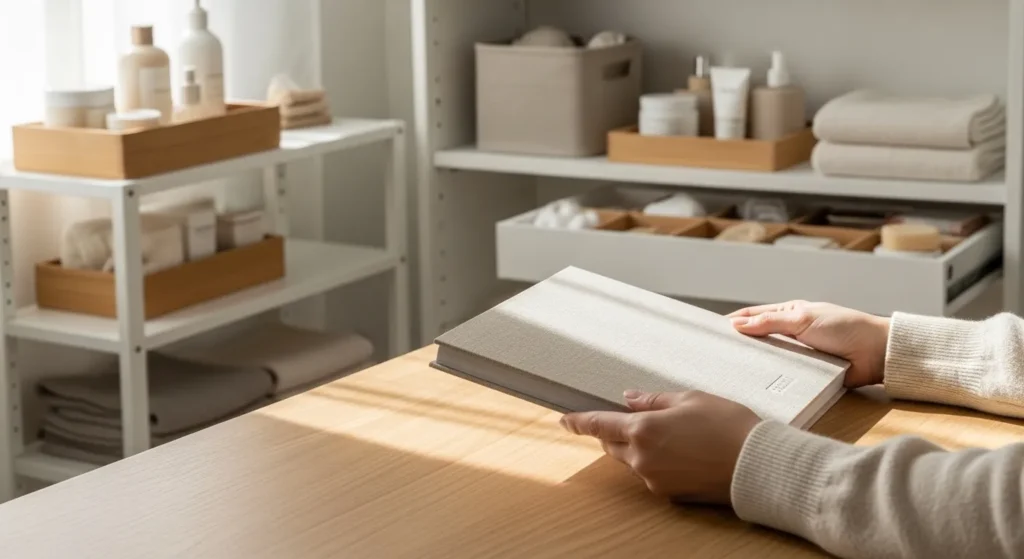
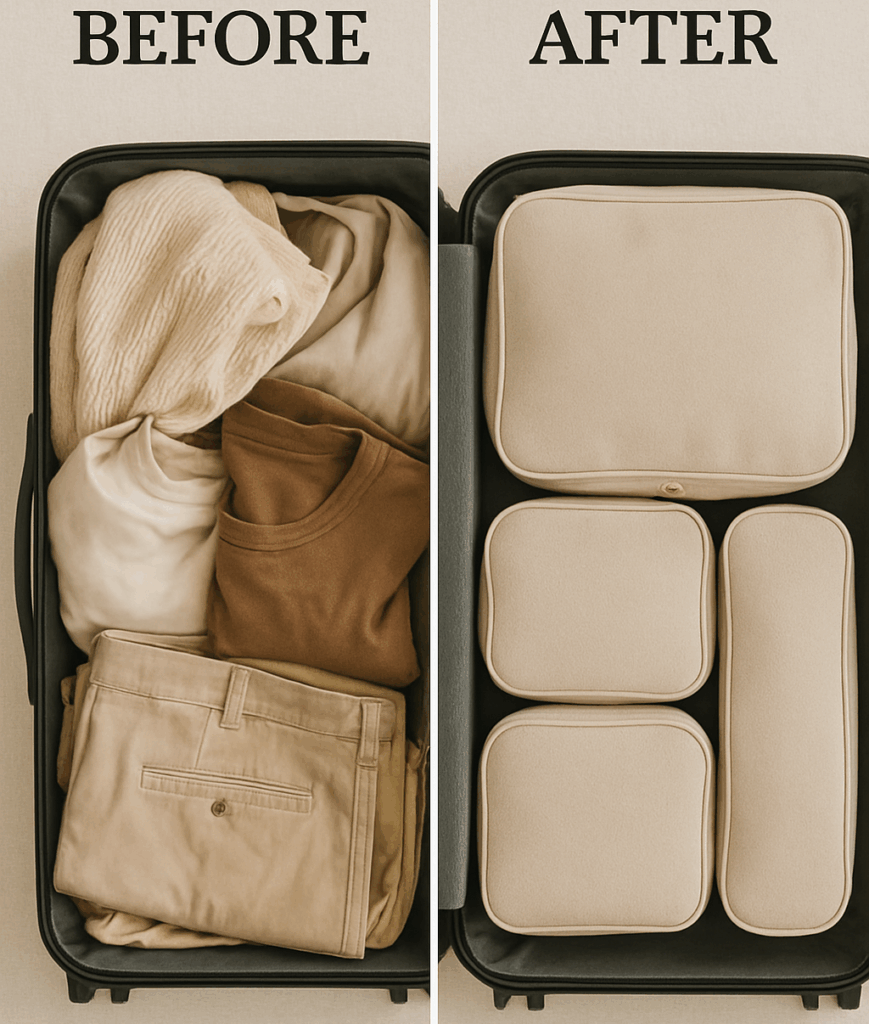
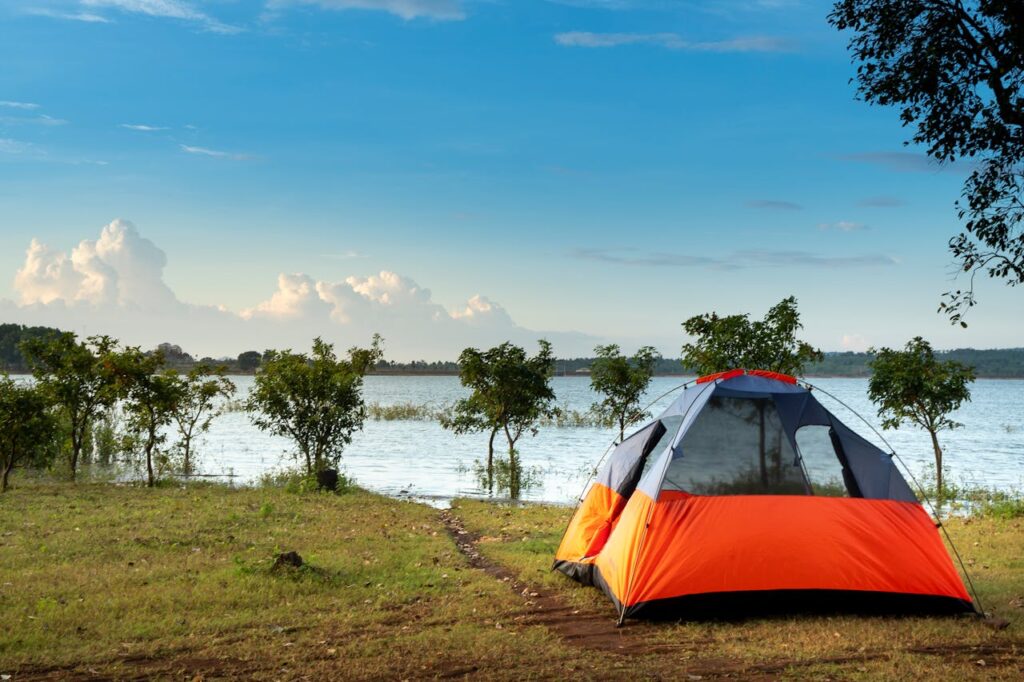
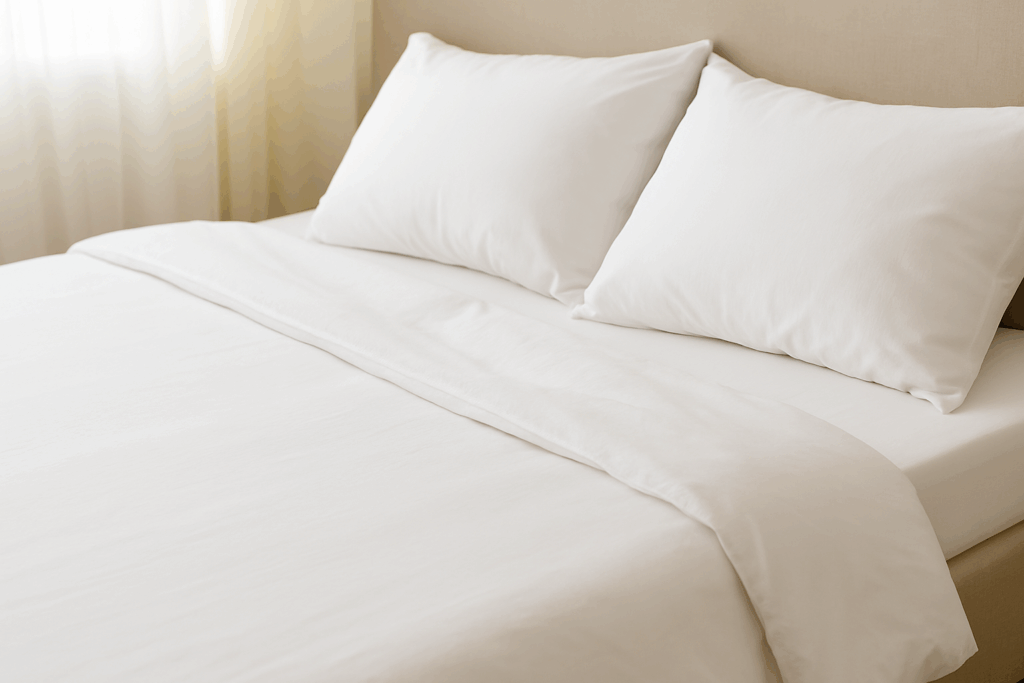
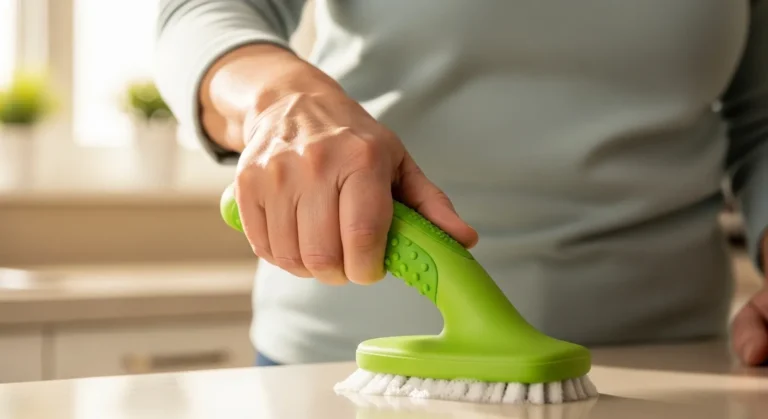


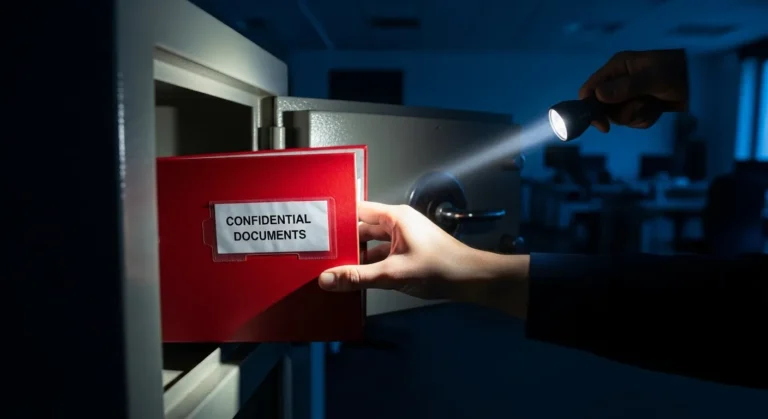
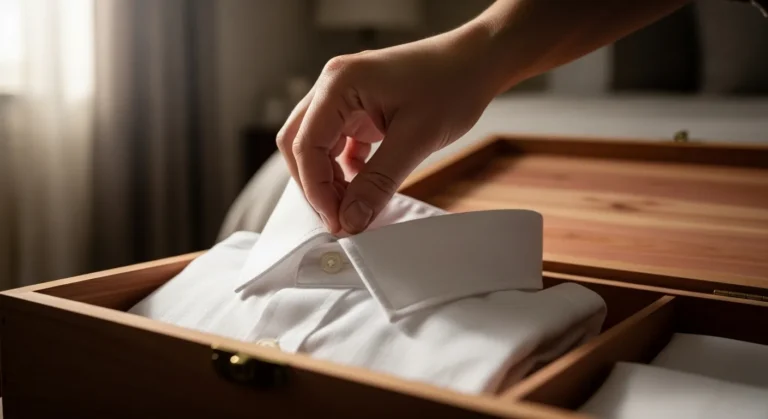
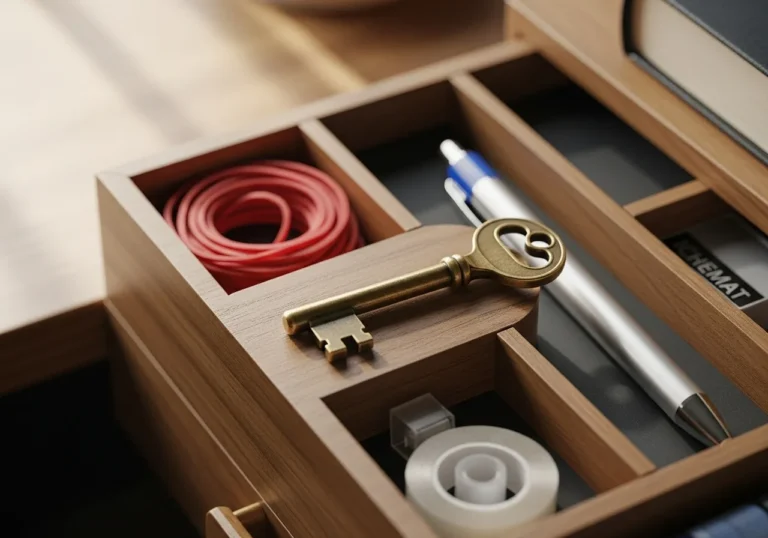
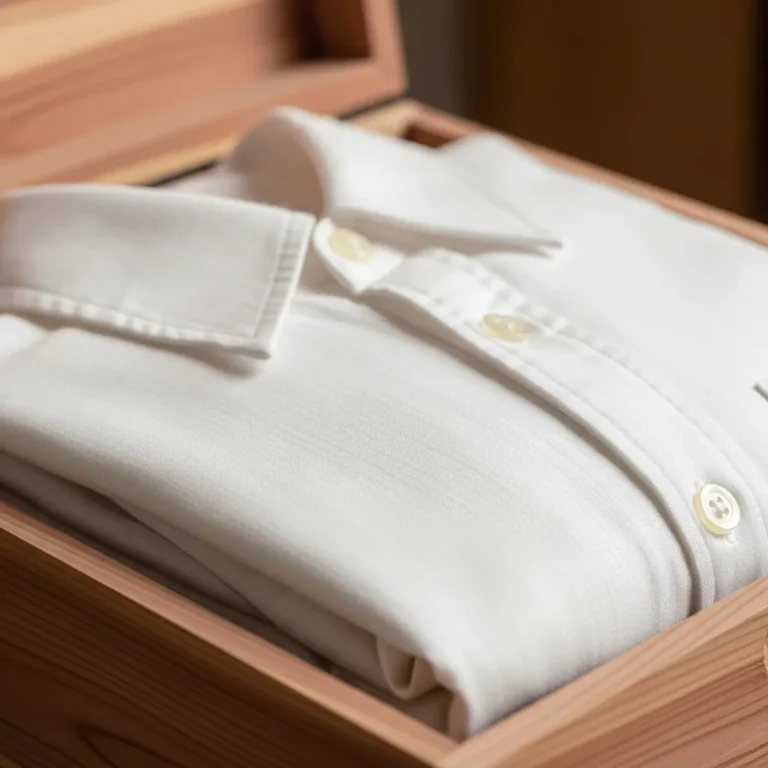
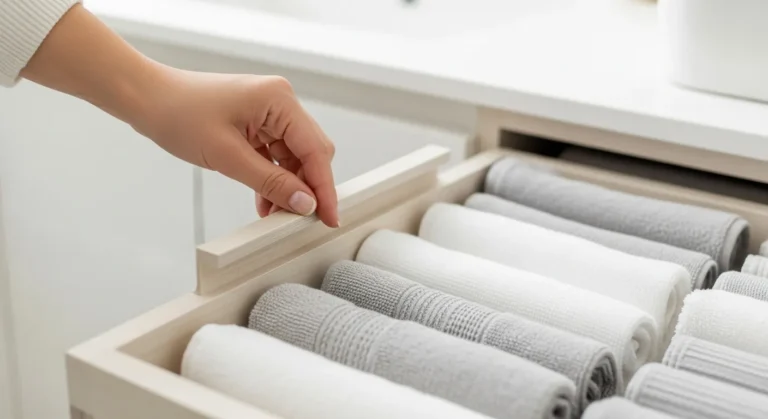
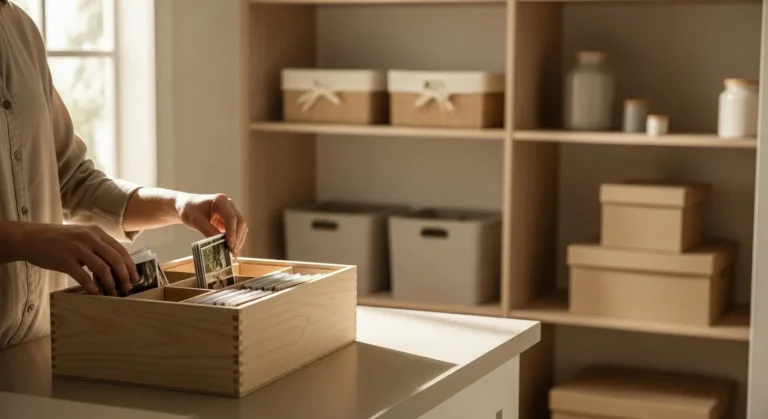
2 Responses
Also include lawn mower gasoline and holidy fireworks, outdoor grill charcoal starter.
Many years ago, living in a smaller house, but with an outdoor shed, I left some of my college textbooks in the shed t save space in the house. Big mistake! In just a year or two, the ones that hadn’t been half-eaten by insects had turned moldy from exposure to the elements.
Fortunately I never needed those books, but I learned from the experience.